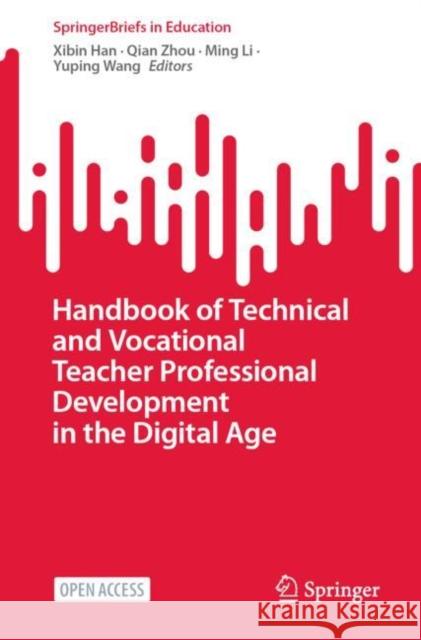Handbook of Technical and Vocational Teacher Professional Development in the Digital Age » książka
topmenu
Handbook of Technical and Vocational Teacher Professional Development in the Digital Age
ISBN-13: 9789819959365 / Miękka / 2023 / 124 str.
Kategorie:
Kategorie BISAC:
Wydawca:
Springer Verlag, Singapore
Seria wydawnicza:
ISBN-13:
9789819959365
Rok wydania:
2023
Ilość stron:
124
Wymiary:
23.5 x 15.5
Oprawa:
Miękka
Dodatkowe informacje:
Wydanie ilustrowane











